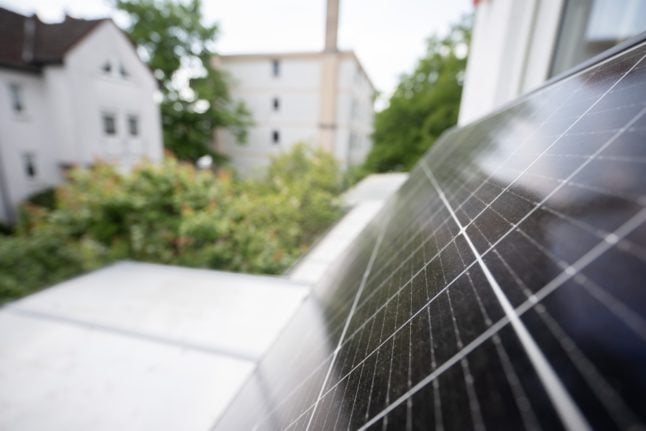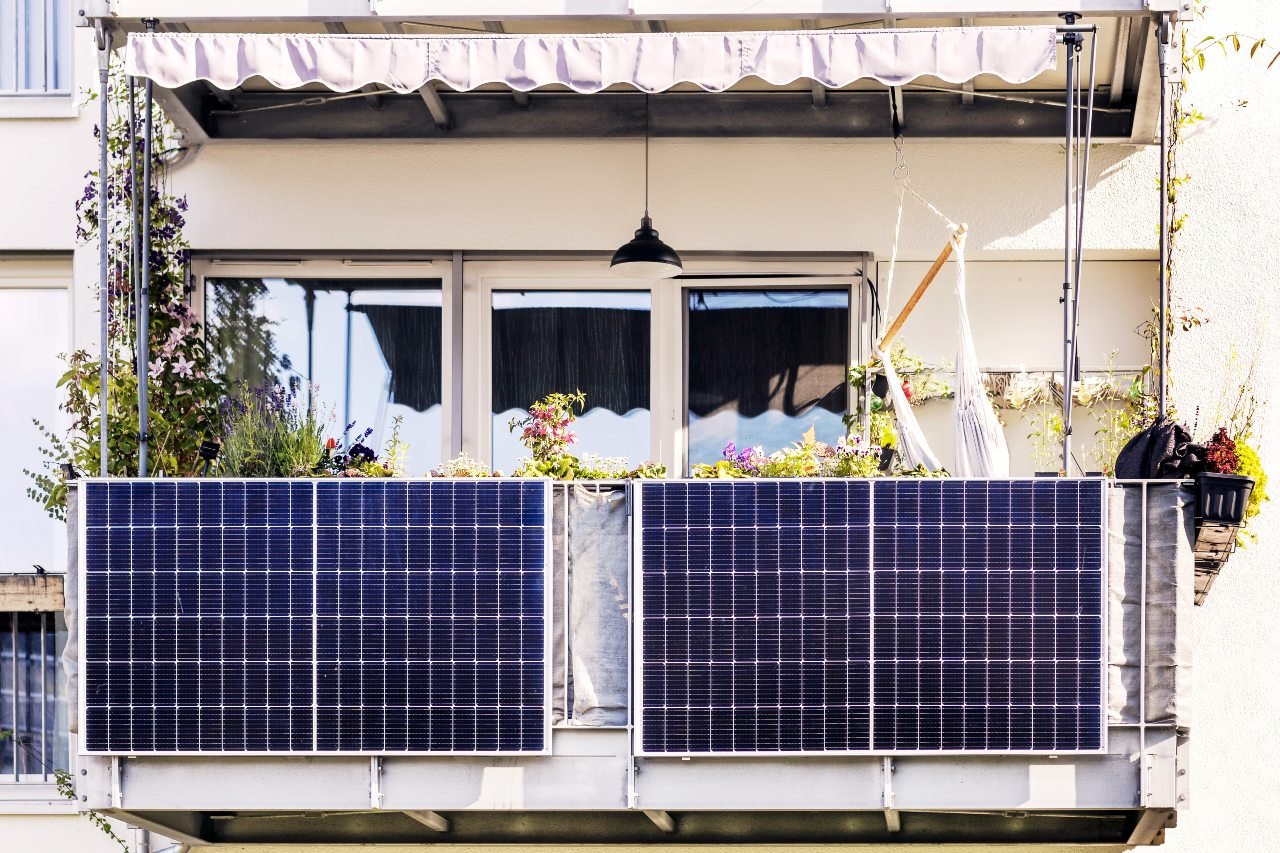What’s happening?
The southern German state of Bavaria is facing a fierce backlash after it set out plans to introduce tuition fees for students from non-EU countries.
Bavaria’s governing Christian Social Union (CSU) party originally drafted the proposals for higher education reform in the Higher Education Innovation Act (Hochschulinnovationsgesetz) back in 2021, but the plans were then shelved for several months.
In June this year, a second draft of the law, including the plans for tuition fees, was put to the state parliament. It is now expected to be finalised by the start of the summer recess in August.
In a short paragraph on the option to charge fees, the draft law makes clear that, “for activities financed by the state (in particular, the education of German and EU students and their equivalents), the higher education institutions may not exercise this right”.
READ ALSO: EXPLAINED: Can foreigners apply for student finance in Germany?
“However, this opens up the possibility of charging fees for non-EU foreigners, among others,” it adds.
There are currently no firm details on how much universities would be allowed to charge. In Baden-Württemberg, where a similar policy was introduced in 2017, students from third countries have to pay €1,500 per semester – equating to €3,000 per year.
Currently, students in Bavaria don’t pay set tuition fees to study at universities or higher education colleges. However, people who study part-time alongside their jobs in a so-called “Berufsbegleitendes Studium” are expected to cough up €2,000 per semester.
How does the fees system normally work in Germany?
In Germany, each of the 16 federal states is free to set its own tuition fees – but these have to be “socially manageable”, meaning state governments can’t set them so high that some people are unable to afford them.
In reality, all of the states offer free tuition for German and EU students doing a Bachelors or Masters degree, with the vast majority also offering education free-of-charge to non-EU nationals as well.
A handful of states opt to start charging students who draw their degree out over several years, and some also charge students to do a second degree or study part-time.
Others simply leave it up to the universities to set their own fees for things like second degrees or part-time study. To get an idea of which states charge students for various types of studies, this chart offers a good rundown.
What are people saying?
Unsurprisingly, students are furious at Bavaria’s plans to introduce tuition fees, arguing that the move would widen inequality.
“Tuition fees are a social hurdle to university access; they are poison for equal opportunities,” said Matthias Anbuhl, the secretary general of the German Student Support Association. “There is a broad consensus on this in society and politics.”
In 2013, the state parliament voted to abolish general tuition fees after Bavarians voted overwhelmingly in favour of the move in a referendum, Anbuhl pointed out.
“It is therefore all the more incomprehensible that the Bavarian state government now wants to resort to this instrument for the group of international students from non-EU countries,” he added.
READ ALSO: German students to get higher grants from winter 2022
Speaking to Migazin, an online migration news portal, Vanessa Gombisch of the Federal Association of Foreign Students also hit back at the proposals.
“With this step, Bavaria is doing a disservice to educational justice,” Gombisch said. “In addition to the already high cost of living in Bavaria, tuition fees at the discretion of the universities will add another financial hurdle that will push social selection even further”.
Meanwhile, Daryoush Danaii from the Free Association of Student Unions said the fees for non-EU students would create a “two-class system in the lecture hall”.
‘We need you in Bavaria’
In light of the the severe skills shortages in the country’s labour market, many federal states look to international students as an important resource for the future.
Germany is the fourth most popular country for foreigners to study in – and the top non-English speaking destination – after the United States, United Kingdom and Australia.
According to a study by the German Council of Economic Experts, 70 percent of international students also want to stay in Germany after successfully graduating from university. Around 350,000 foreigners come to study in Germany each year.
This means that hundreds of thousands of skilled workers who have passed through the German education system go on to use these skills in the German economy.
In a 2011 brochure aimed at attracting foreign talent into the state, the Bavarian Employment Agency targeted international students directly, using the slogan: “We need you in Bavaria.”
However, research from Baden-Württemberg, where fees were introduced five years ago, suggests that the blanket introduction of fees can deter international students from applying to university in the state.
READ ALSO: Essential German words to know as a student in Germany

A study by the Action Alliance against Tuition Fees (ABS) revealed that applications from foreign students plummeted by 36 percent in Baden-Württemberg between 2016 and 2021 – at the same as figures were rising in other German states.
The results of the study led to a U-turn by North-Rhine Westphalia, who had previously been mulling a similar move.
However, the model being considered in Bavaria is more similar to the one adopted in Saxony, where universities and colleges are free to choose whether they adopt fees for non-EU students or not.
According to reports in Migazin, just two music schools in the eastern state have chosen to introduce the fees.




 Please whitelist us to continue reading.
Please whitelist us to continue reading.
Member comments